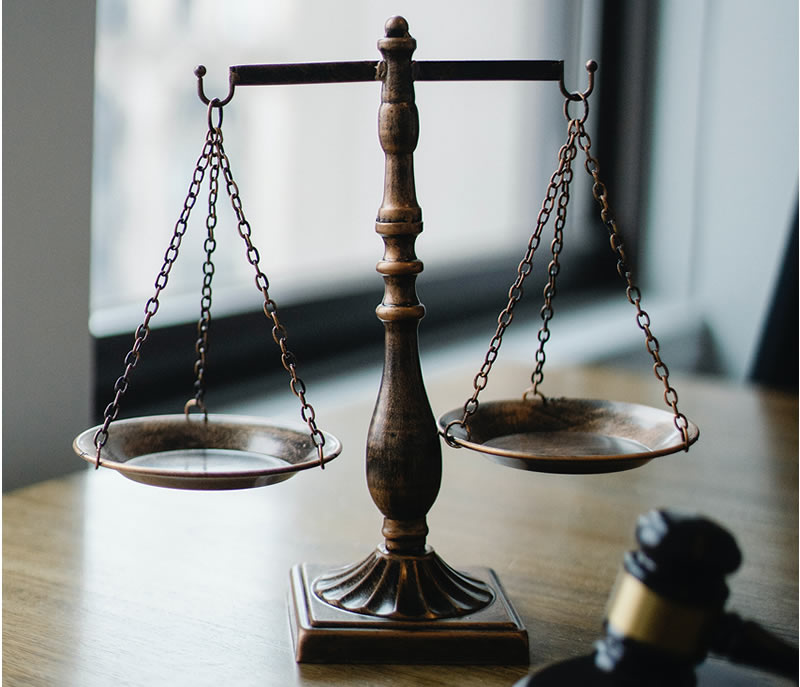
In middle school, the public reading room was my favorite haunt. The space itself was the size of three classrooms. It was located on the ground floor of a building where most rooms were in idle use. Some doors and windows were not yet torn from its initial plastic packaging. On one side of it was a deserted grassy field. It used to be an experimental field for botany classes when botany was still an official subject. The ocher pottery and porcelain lay in tatters and weeds carpeted the soil. For two weeks, I was the only student in the reading room. The librarian looked as if in her late fifties. Her hair was streaked with grey locks, and she had the typical face of older female teachers – yellow and dull skin with bags swelling and sagging under the eyes. Her voice was raspy and punctured by the sounds of her throat clearing. She wore dark floral prints, a style favored by young teachers because it made them look mature, and by older teachers because it made them look young. She was weeping the first time I came and continued to burst into tears over the phone every noon I saw her. She was shuddering heavily when sobbing. Her words were not identifiable from a distance, so I knew nothing of her woes. Yet I assumed her woes were merely trivial because I was 13 and could not imagine what woes were beyond not handing in assignments on time. I turned to look at her from time to time. I pigeonholed her in the world as I understood and doled out the ruling indignantly: she was committing a dereliction of duty on no accountable ground. I was born to a mother exceedingly attentive to one’s physical appearance and attire. One summer holiday during elementary school, she set the 10-year-old me up for a role of an usher in my auntie’s jewelry store. "You could learn the ropes of jewelry classification and authentication with auntie. But most importantly, I want you to read people. To judge their financial capabilities from their looks and talks. We should treat everyone equal, but it is important to have in mind the other’s status when interacting with them." So, I gradually got sophisticated in judging people. I developed the knack of beholding a stranger politely while my brain went into overdrive, processing every telling feature of that person. My judgmental reflex exerted itself. I handed out verdicts on people strange or familiar. I attained relentless pleasure in being the grand arbiter of people. That was why I summarized the librarian with one look at her. I allowed her no justification or redemption. When I was 19, I went to visit a highly rated exhibition in Beijing. It was a large-scale retrospective of Niki de Saint Phalle. It was reported that the museum spent three years actualizing the exhibition and four floors of the museum were dedicated to her works. I knew little of the artist, but the critical acclaim and enthusiastic public reception enticed me. The first floor exhibited the drafts and videos of Niki’s Tarot Garden, a large sculpture park she designed in Southern Tuscany. The museum displayed a miniature replica of Tarot Garden in the central hall. It employed an array of bright colors on translucent ceramics and mosaic glass materials, which were molded after variegated patterns. With winding paths and castle towers, it was like the wonderland that Alice had ventured into. As I examined Niki’s prolific career spanning painting, sculpture, videos, and installation art, I gradually gathered a picture of her life. She was born into an aristocratic family in France. Her French father had inherited the title of "Count" and her American mother was related to prominent bankers in New York city. Having an elegant and poised look, she appeared on the cover of Vogue French at the age of 18. Most importantly, she was gifted. Without a formal education in fine art, her forays into different genres all proved a phenomenal success. As a conclusion to the solo show, the museum chronicled her life using a horizontal temporal axis on the wall. "Despite suffering a traumatic childhood, Niki…," said the Chinese caption. My eyebrows contracted. "Traumatic childhood? Where did the trauma come from? She was born with a silver spoon and had artistic gifts that I longed for. The curatorial team was being wrongly sentimental." I turned to the opposite wall to read the English translation. As my eyes zoomed in the place where the Chinese caption says, "Despite suffering a traumatic childhood, Niki…," there were the English words that dealt a blow to me and stunted my judgmental reflex. "Niki was raped by her father at the age of eleven. She was repeatedly abused while growing up. Her mother, knowing of what happened, chose to remain silent." It struck me like lightning that everyone carried their own secrets that I could not be privy to. My eyes were forced open to the unfathomable abyss of human souls. This incident smacked my ego down. I started to reserve my judgments, and to unlearn the judgmental impulse inherited from my family. I grew humble in the face of the depth of human experiences. From that instant on, people were no longer criminal cases to be solved. They brushed aside me as a discrete entity, whose joy and pain I had no share of.
Author Bio: Lam Wai is a final-year English major. She believes in the power of art to facilitate contemplation and dismantle preconception and dogma. Writing is thinking to her. For her, every life story is a farewell ritual she performs to herself. When she completes them, she hopes they could stop haunting her.